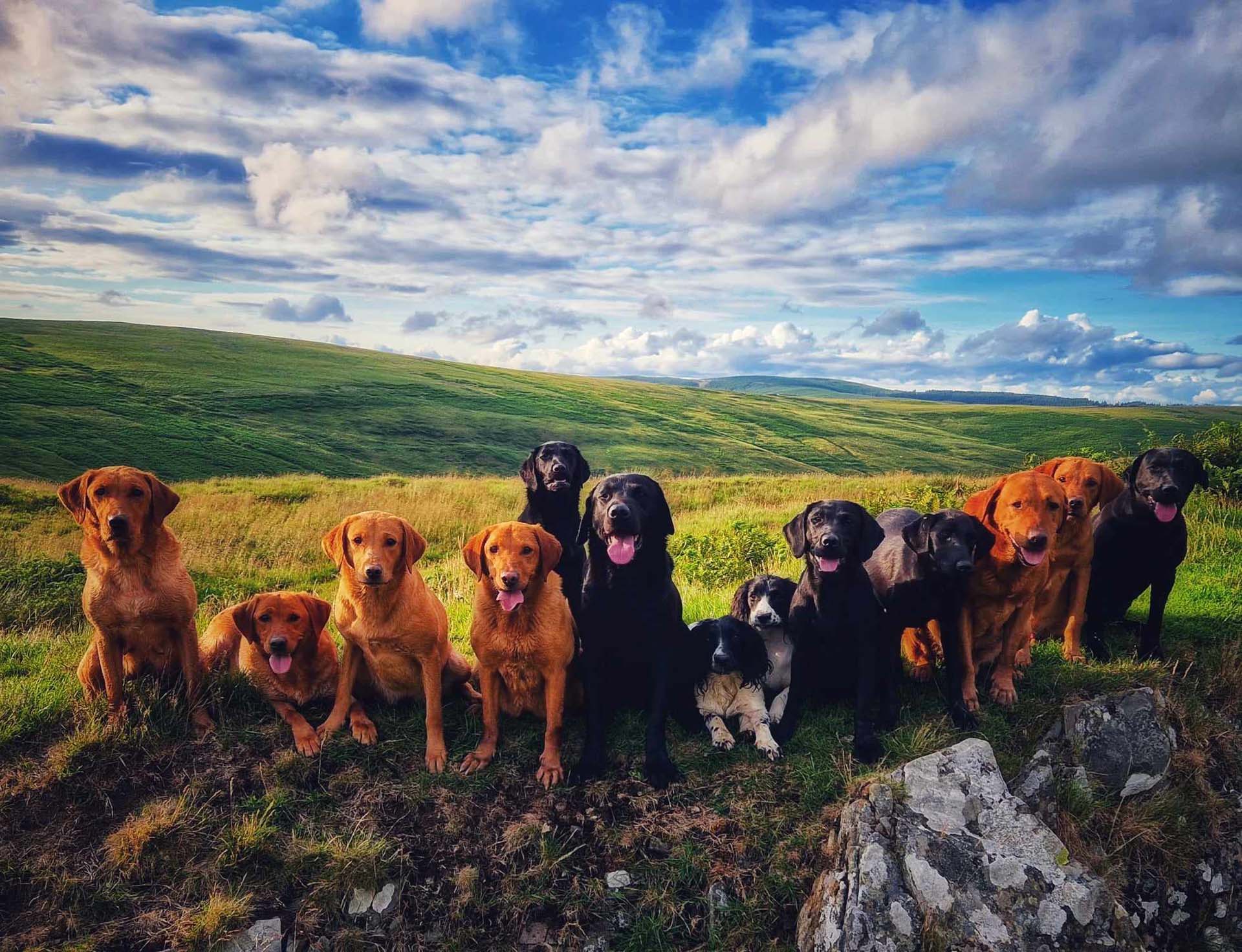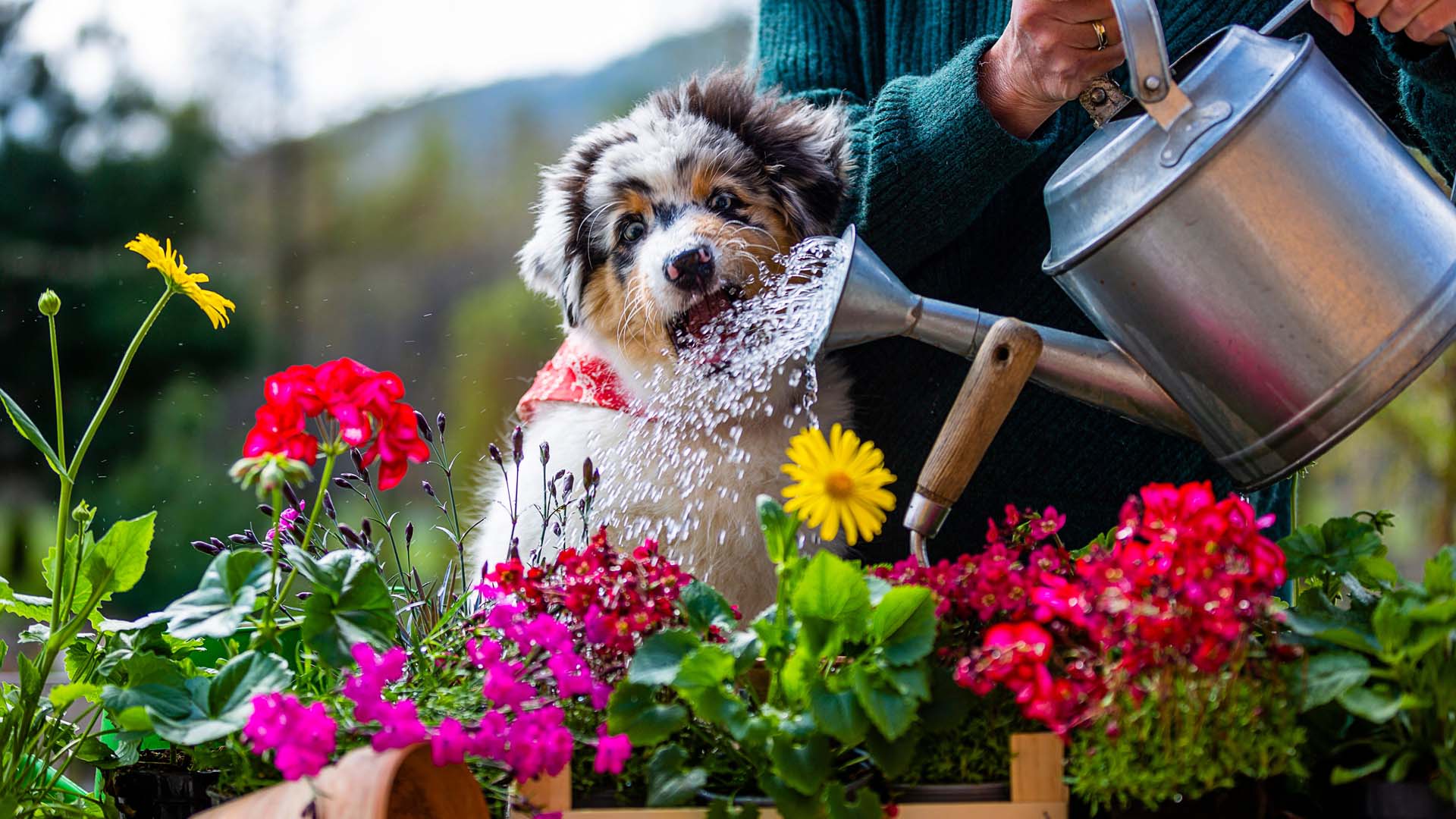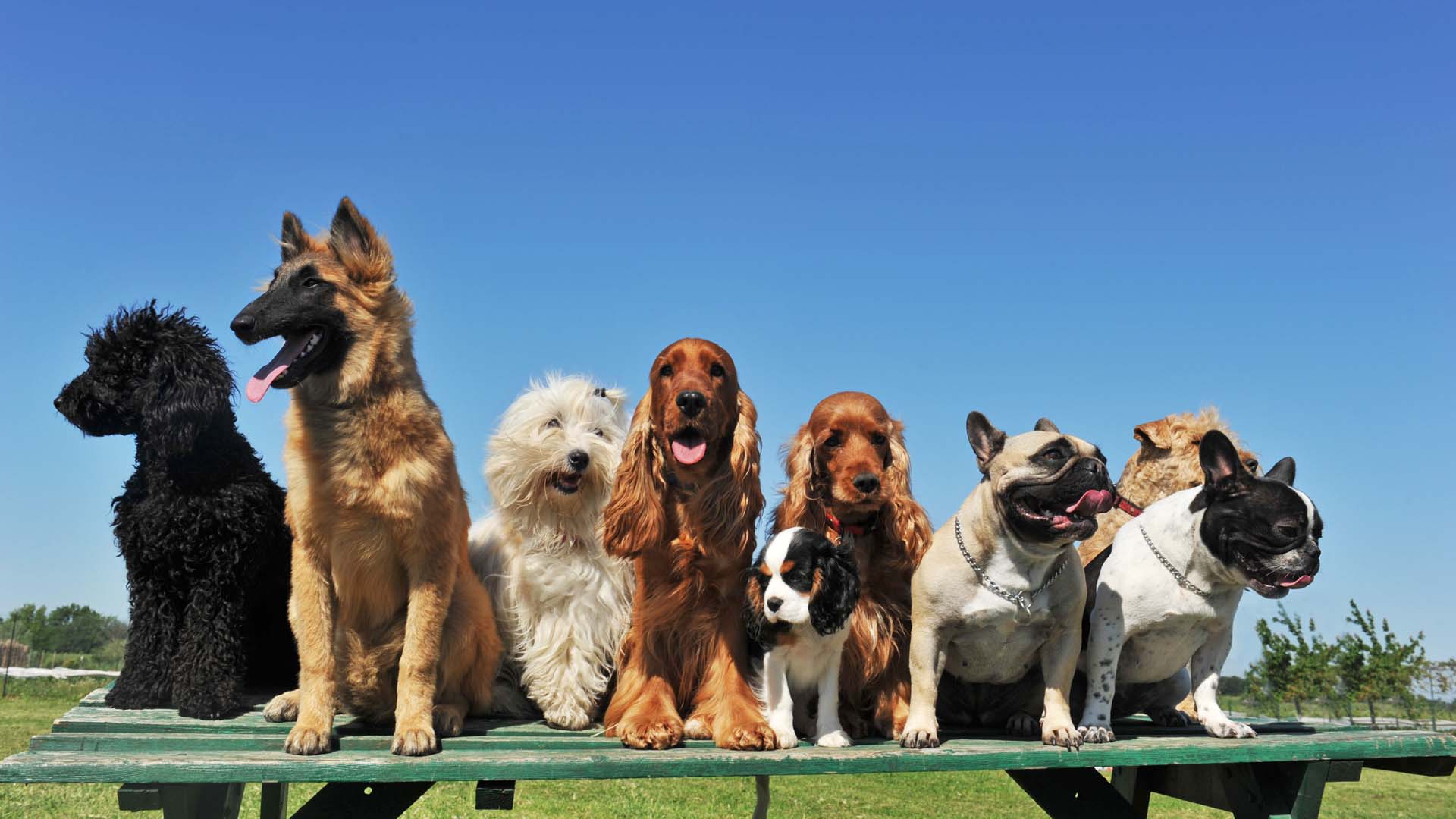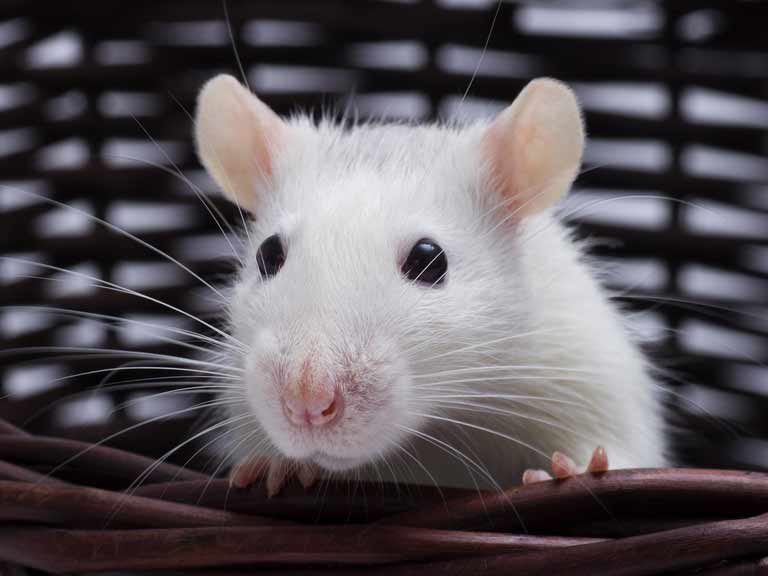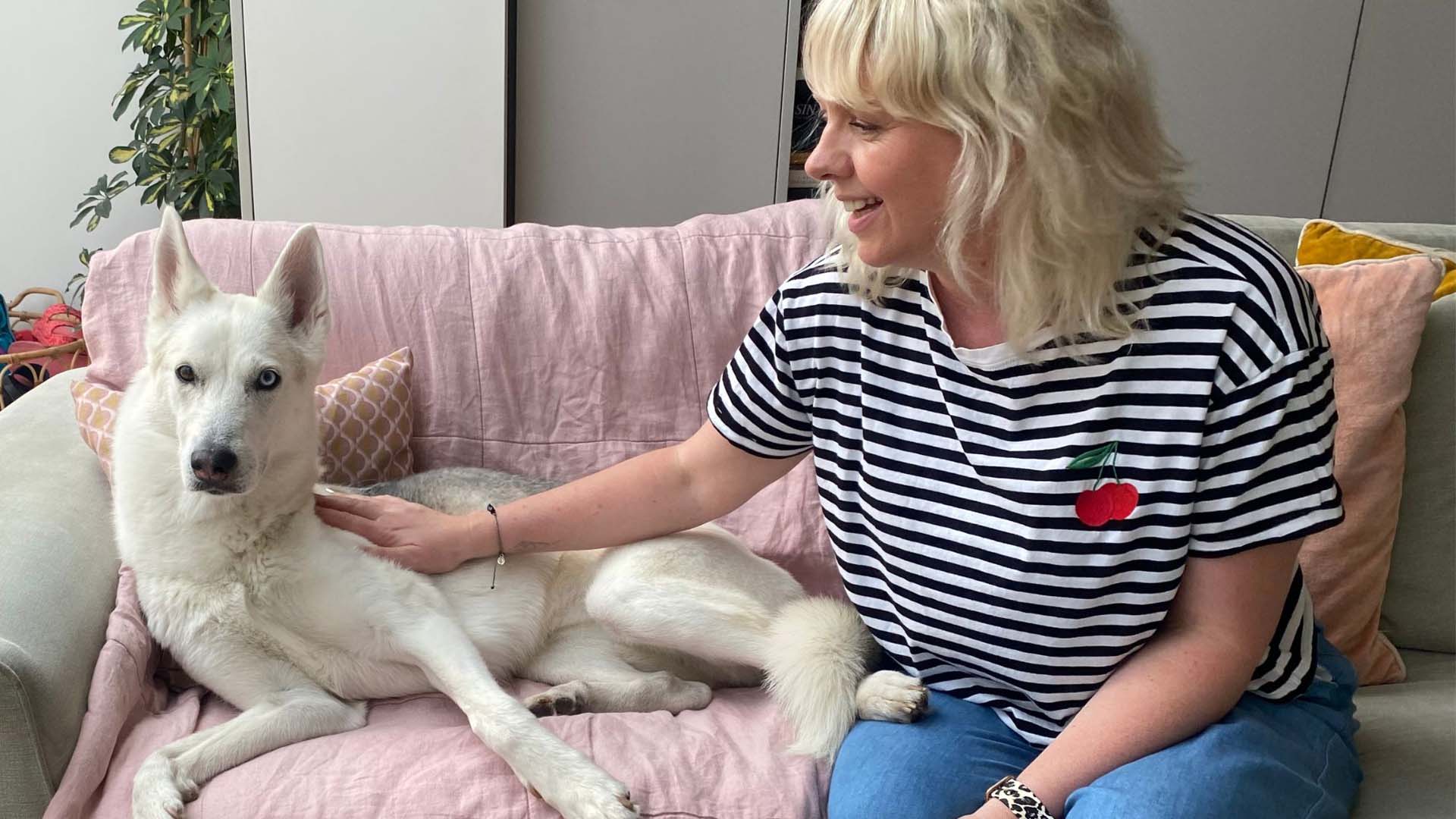
Might animals grieve for an owner? Over the past 50 years we have come to understand that expressions of grief are not unique to humans. Dolphins, elephants, the great apes, even some species of birds, have been observed taking part in rituals around death and appear to mourn.
Let’s look first at the flipside of grief. Can our animal companions love us? The first time I really thought about that was during a home visit to put down Mollie, an ancient Collie cross who had simply worn down.
“You know, Bruce,” her owner Michael said to me as Mollie’s breathing stopped, “she loved us as much as we loved her.”
I know what Michael means, but can I justify using the word ‘love’ to describe a dog’s feelings towards his owner? I think I can. First of all, our relationship with dogs goes back at least twice as long as the 15,000 years we previously thought. In 2013, archaeological digs in Siberia found canine skulls in human graves from 33,000 years ago. For tens of thousands of years the species’ very survival depended on the benevolence of people, not on their own kind.
If you have a dog, you know that its relationship with humans is more important than its relationship with other dogs. Dogs have adapted to those who care for them. They emotionally attach themselves to us.
I’m sure the great majority of people who live with other animals know that we are not the only species capable of various forms of love, and if that is so, then animals are capable of the opposite – sadness, anxiety or ‘grief’ – when someone dies.

Dr Federica Pirrone of the University of Milan recently reported the results of a ‘mourning dog questionnaire’ completed by 426 Italian adults. More than 86% of owners said their surviving dogs had shown definite changes in behaviour after the death of another canine in the household.
“Overall, dogs were reported to play and eat less, sleep more and seek their owners’ attention more,” she concluded.
If dogs experience these behaviours when other animals die, then surely they feel even more of these negatives when people to whom they’ve become attached to pass away?
To define grief for dogs is as difficult as it is to define grief for young children. In most instances for dogs, the distress they experience is triggered by changes to their routines and is usually of a short duration.
At my clinic we have a vet, Natalia, who has postgraduate training in clinical animal behaviour. One of the more common problems that Natalia helps families overcome is ‘separation anxiety’ – exaggerated distress that some dogs experience when they are apart from their owners or left alone.
Dr Nick Dodman, emeritus professor of animal behaviour at Tufts University, Cummings School of Veterinary Medicine in Massachusetts, says he has seen some dogs so badly affected by grief when their owners died, that they needed his active intervention to get over it. He uses training techniques and sometimes drugs, just as Natalia does to help dogs overcome their separation anxiety.
Dr Bruce Fogle is a Canadian-born vet with over 40 years’ clinical experience in London and the world’s best-selling practicing vet with books in more than 35 languages.
Dr Fogle is co-founder of Hearing Dogs for Deaf People and was appointed an MBE for services to deaf people; the British Small Animal Veterinary Association awarded him honorary life membership and he is chair of the Humane Society International - an international animal charity.
He is also the father of television presenter Ben Fogle.

While iPhones for pooches are a way off, there’s plenty of dog tech you can still invest in.
